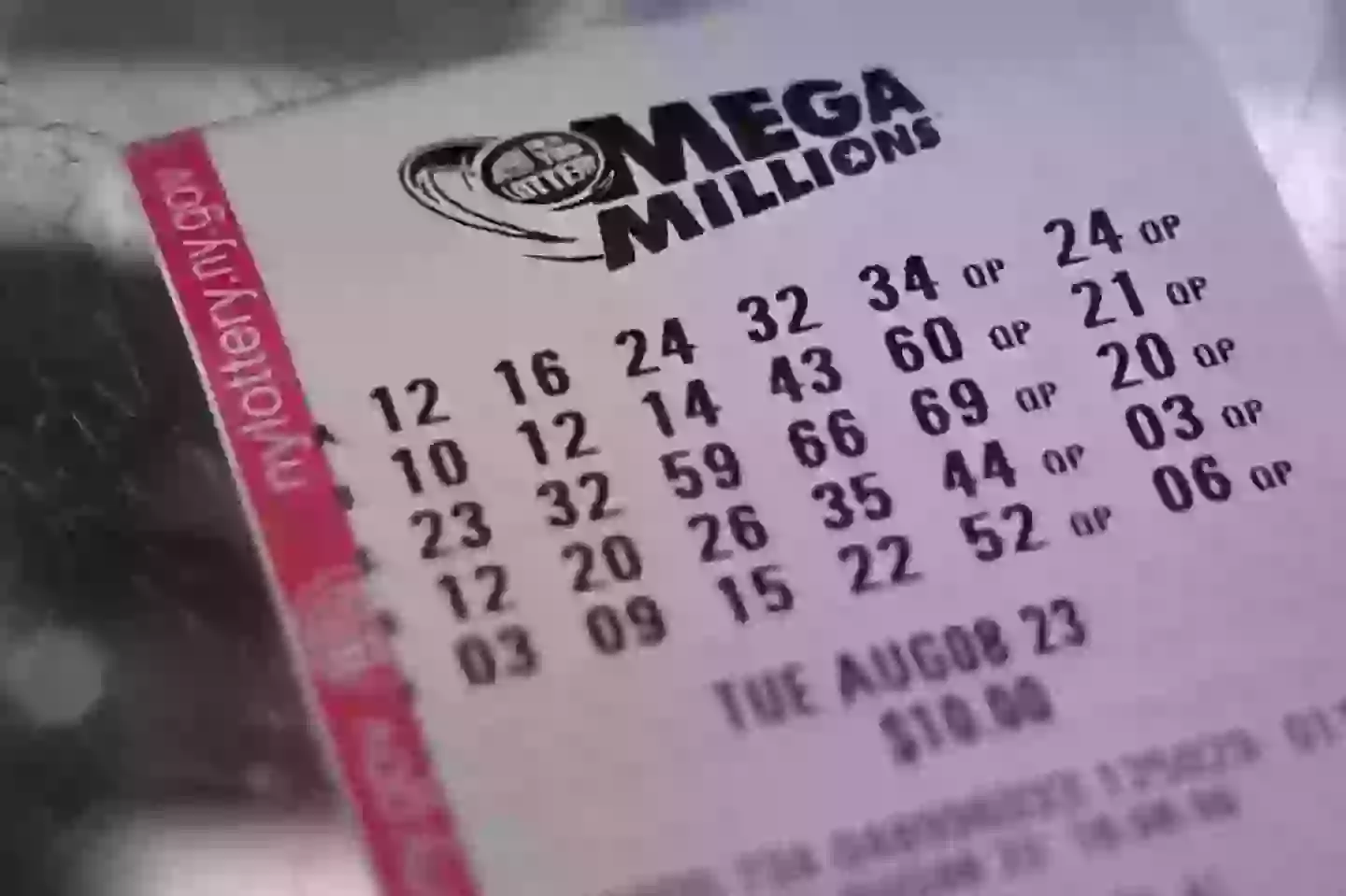Imagine winning a $1.8 billion Powerball jackpot — instantly life-changing, right? But be prepared: the tax bill on such a prize would be massive. Lottery winners usually face a tax withholding of 24% upfront, but because jackpots this size push winners into the highest federal tax bracket, the total tax rate ends up being 37%.

That means on a $1.8 billion prize, the winner could owe around $666 million in federal taxes alone, leaving about $1.134 billion after federal deductions. Then state taxes come into play—some states tax lottery winnings heavily, while others like Florida and Texas don’t tax them at all. For example, New York charges up to 10.9% on winnings.

Winners can choose to take their prize as a lump sum, which is a smaller amount paid upfront, or as an annuity spread over 30 years to receive the full jackpot amount. The lump sum for such a massive jackpot might be about $826 million before taxes. Financial advisors often recommend the annuity option to ensure stable income and manage taxes more effectively.


